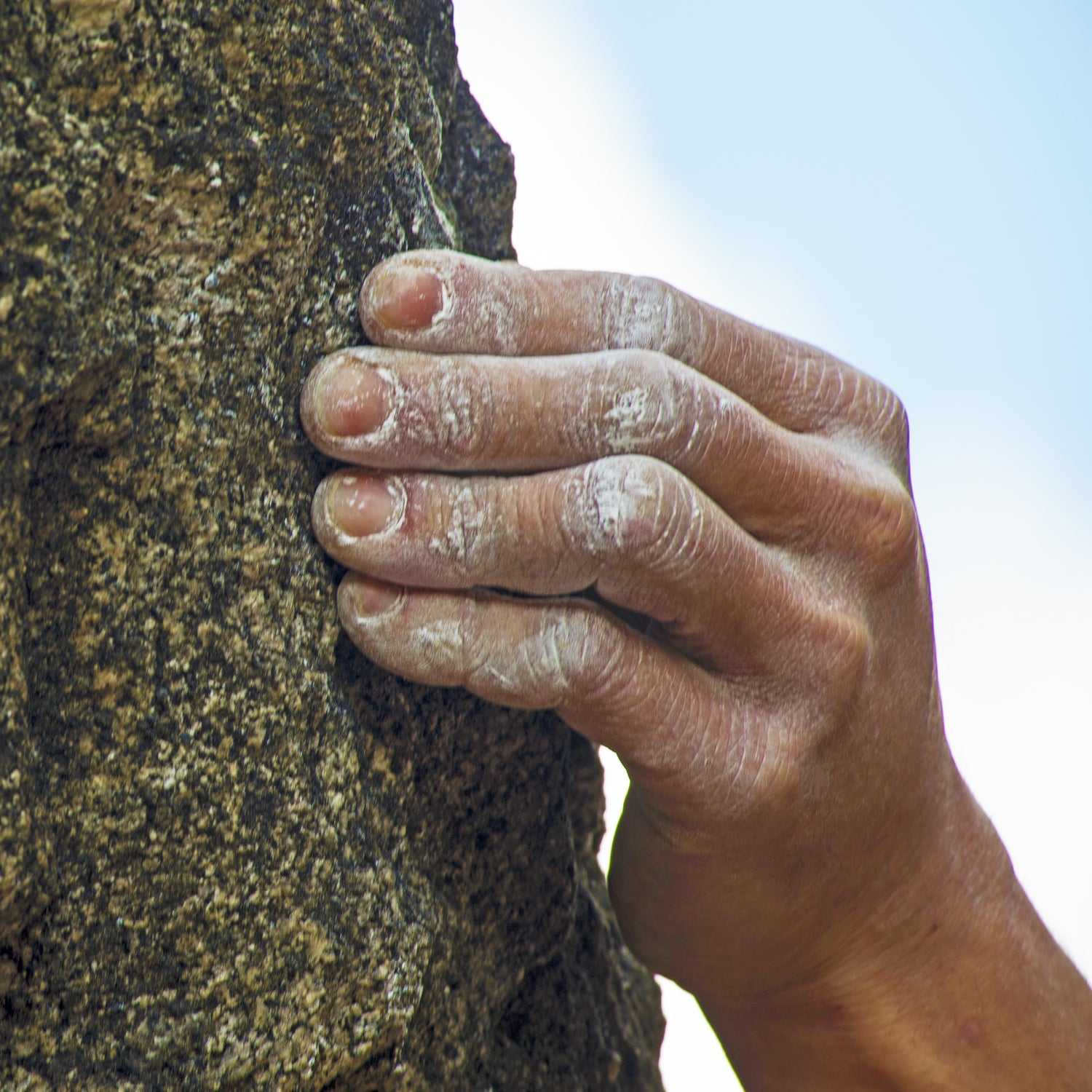On May 27, an Ohio teenager was found dead in his home, the . The tragedy could have fueled the energy drink debate, which has and rages on due to alleging drinks like Red Bull contain unsafe levels of stimulants. But no mention of these. That’s because the teenager, Logan Stiner, didn’t chug a Red Bull or a Monster Energy Drink before he died; he ingested caffeine powder.
Caffeine powder is your favorite stimulant in its purest form, either produced synthetically or extracted from foods that naturally contain caffeine, like coffee beans and kola nuts. It’s easy to buy the fine, white powder in bulk on the Internet. It’s completely legal, and there’s no age restriction. One hundred grams of the stuff costs just .
Why the heck would anybody buy pure caffeine? that it can “increase alertness, improve concentration, and enhance mood.” Caffeine has also been shown to improve athletic performance by warding off mental and physical fatigue, and reducing the perception of pain.
As , “energy-boosting foods racked up more than $1.6 billion in domestic retail sales” in 2012, up nearly 50 percent from 2007. But consumers know those are jacked-up prices, and some try to make their own. Enter caffeine powder.
Many people use the powder to make caffeinated beverages and foods on the cheap. But dosing is a huge concern. If you’re getting your caffeine from powder, it can be very difficult to mete out a proper amount without an electronic scale. And you can’t just mix the stuff into foods, or you risk spreading it unevenly throughout whatever you’re making. You need to .��
As Popular Science writes, a pegs about five grams as the potentially lethal limit for caffeine ingestion. That would require drinking more than six gallons of McDonald’s coffee, but only 2.5 teaspoons of caffeine powder. This is likely why there have already been a handful of —including the Ohio teen. “Since it’s a powder, he probably [didn’t] know how much he was taking,” Stiner’s coroner .
Most powder manufacturers recommend taking in no more than 200 milligrams per day, or one-tenth of a teaspoon. As we’ve reported before, caffeine’s athletic benefits appear to top out at doses higher than three milligrams per kilogram of body weight (about 2.5 cups of coffee for a 150-pound person). After that there’s a plateau until you consume twice that amount, at which point negative effects emerge: jitters, headaches, and irregular heartbeat.��
So choose your caffeine wisely. While there’s no doubt it can give you a nice boost, “it’s so lethal if taken in the wrong dose,” as coroner Nigel Chapman . “And here we see the consequences.”


